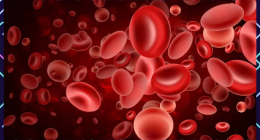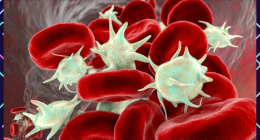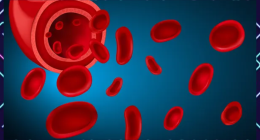ChatGPT Models Outperform Human Students in Neurology Exams: The recent study evaluating the performance of ChatGPT large language models (LLMs) in neurology board examinations has sent shockwaves through the medical community. The results, which saw LLM 2 achieve an unprecedented 85% accuracy, significantly surpassing both LLM 1 (66.8%) and human students (73.8%), suggest a paradigm shift in the landscape of medical AI. This study offers a compelling glimpse into a future where LLMs play a pivotal role in revolutionizing clinical neurology and medical education.
Prior to this groundbreaking study, the potential of AI in medicine had primarily focused on tasks such as image analysis and disease diagnosis. However, the ability of LLMs to excel in a rigorous neurology exam demonstrates their potential to transcend mere data analysis and delve into the realm of complex cognitive tasks. This study effectively dismantles the notion that AI is incapable of replicating human-level performance in areas requiring critical thinking and analytical reasoning.
The study’s methodology employed a rigorous approach, utilizing two distinct ChatGPT models and meticulously comparing their performance to the results of human students. This comparison across both lower-order (memory-based) and higher-order (cognitive/analytical) questions allows for a comprehensive assessment of the LLM’s capabilities. The superior performance of LLM 2 not only in overall accuracy but also in specific areas like behavioral science and movement disorders highlights the potential for specialized training to further enhance their expertise.
These findings have profound implications for the future of both clinical practice and medical education. In a resource-constrained healthcare environment, LLMs offer the potential to alleviate the burden on human specialists by taking on non-critical tasks. This could free up valuable time for doctors to focus on complex cases and patient interaction, ultimately leading to improved patient care. Additionally, LLMs can serve as powerful educational tools, providing students with personalized learning experiences and access to vast knowledge repositories.
While the study focused on neurology, its implications extend far beyond a single medical field. The ability of AI models to process vast amounts of information and arrive at accurate conclusions has significant implications for several aspects of healthcare, including:
1. Medical diagnosis and treatment: AI-powered tools can analyze patient data, medical imaging, and genomic information to assist physicians in making more accurate diagnoses and formulating personalized treatment plans.
2. Medical education and training: AI models can serve as intelligent tutors, providing students with personalized learning experiences and facilitating access to knowledge and resources.
3. Drug discovery and development: AI can be used to analyze large datasets of chemical compounds and identify promising drug candidates, accelerating the development of new therapies.
4. Clinical decision support: AI-powered systems can analyze patient data and past medical records to recommend evidence-based treatment options and provide real-time insights to clinicians.
The potential of AI in healthcare is undeniable. However, as with any transformative technology, it is crucial to address ethical concerns and ensure that AI is used responsibly and transparently. Additionally, addressing issues of data privacy, algorithmic bias, and potential job displacement requires careful consideration and proactive solutions.
In conclusion, the remarkable performance of ChatGPT LLMs in neurology exams marks a pivotal moment in the history of medical AI. This study serves as a powerful testament to the transformative potential of LLMs in revolutionizing healthcare and medical education. As technology continues to evolve, we can anticipate a future where AI and human expertise work hand-in-hand to usher in a new era of personalized medicine and improved patient outcomes.
Continue to check our website soundhealthandlastingwealth.com for more articles of this kind. And, please use our comment section as well, we would love to hear from you.








